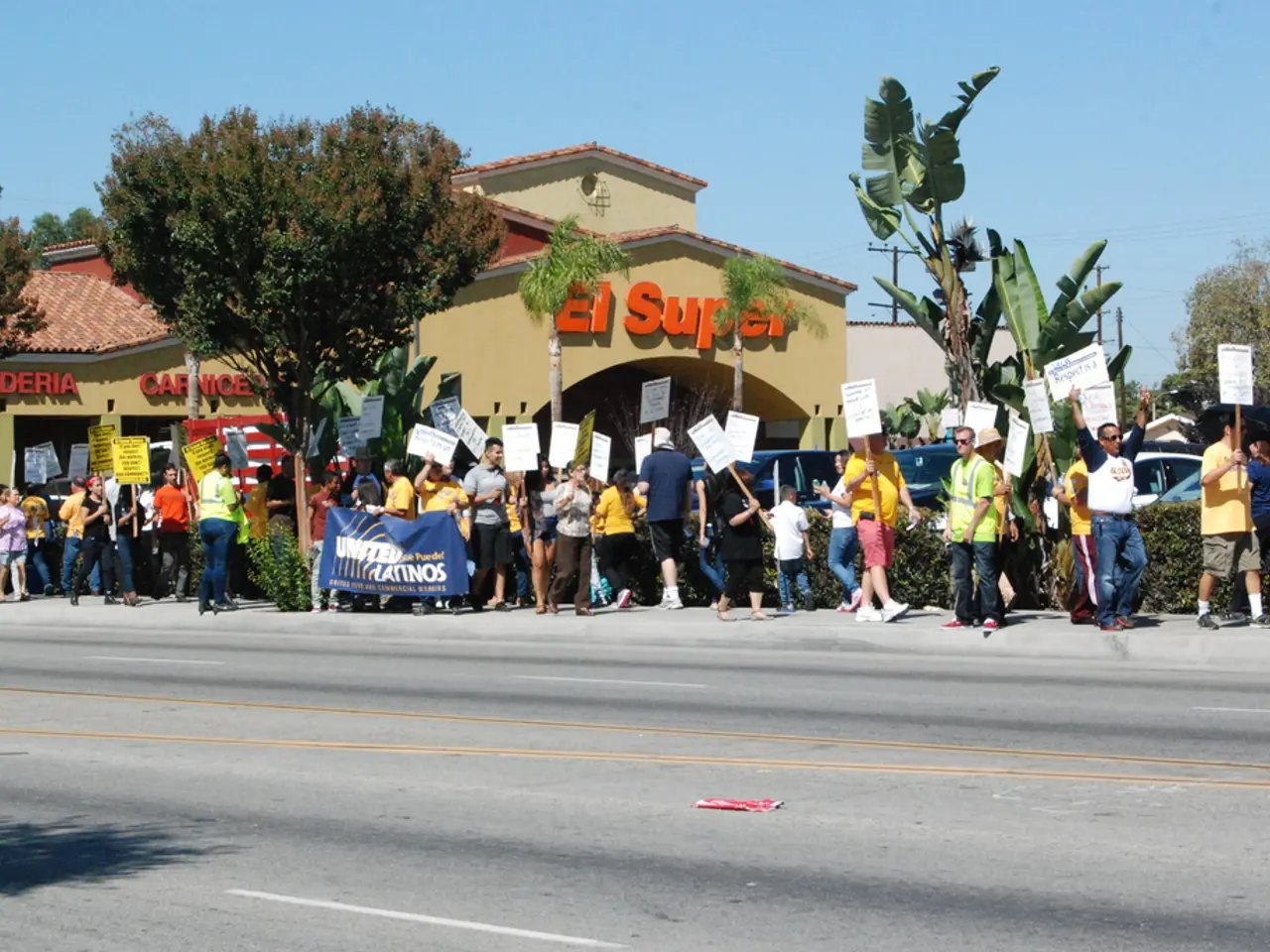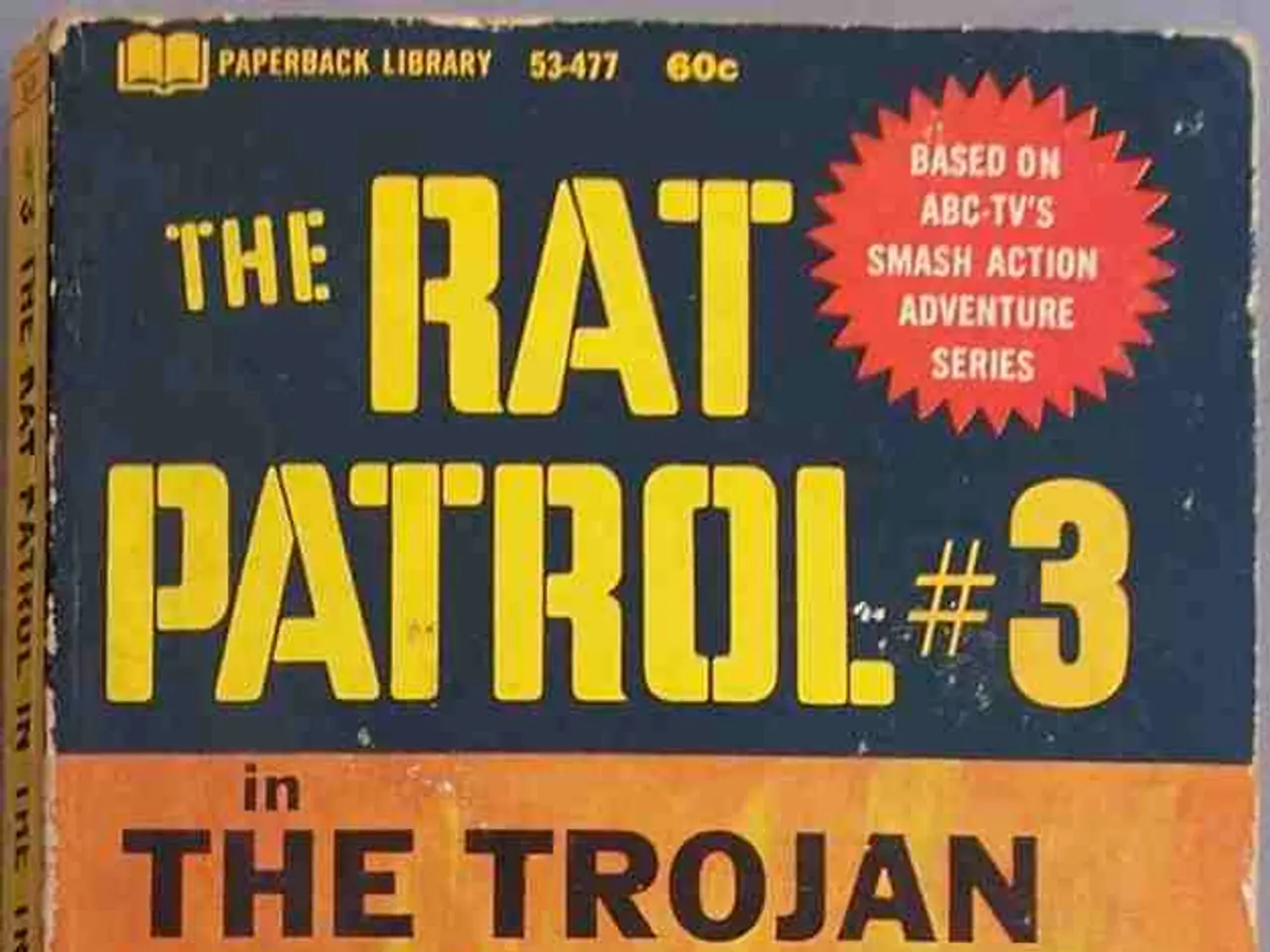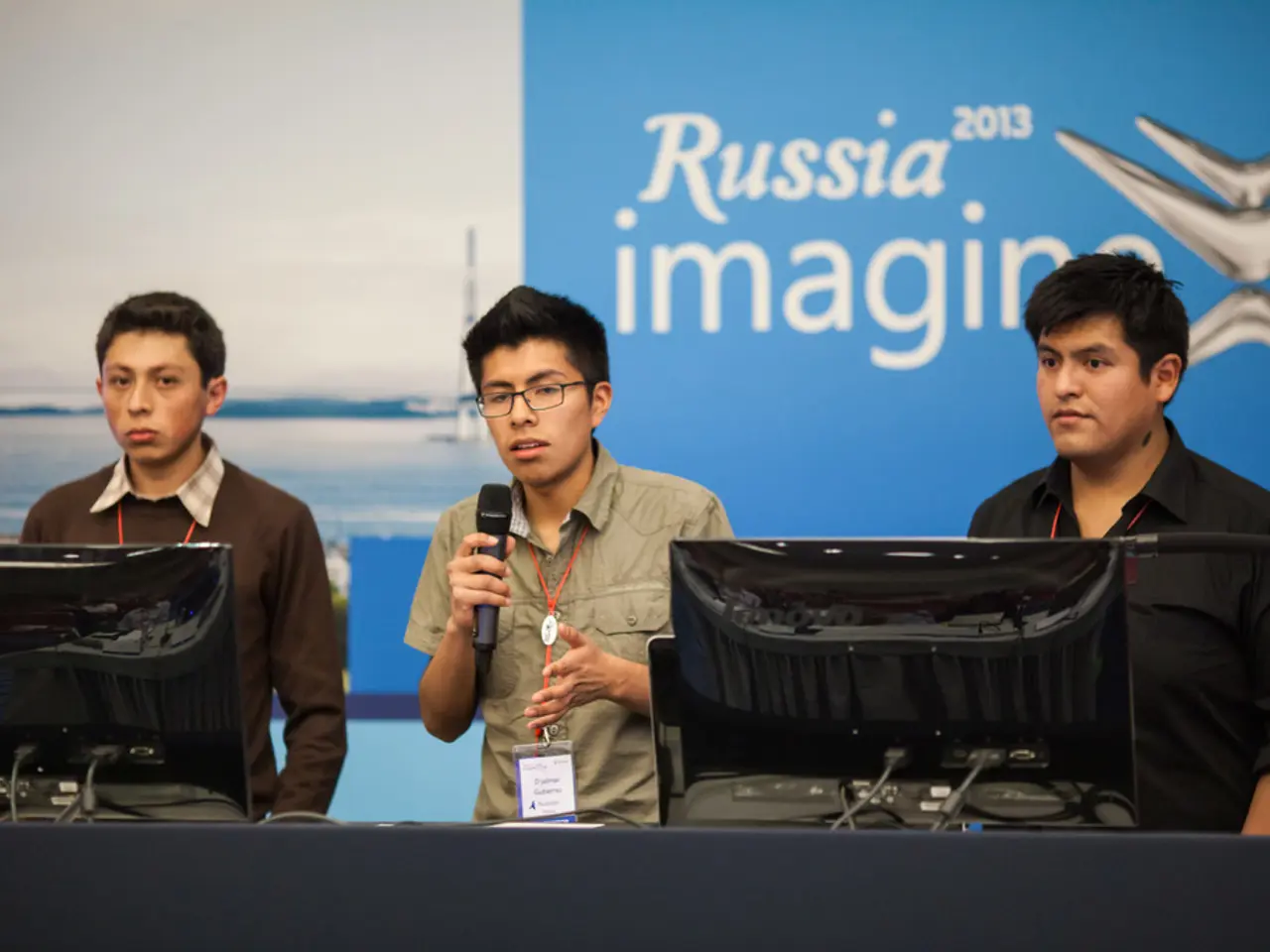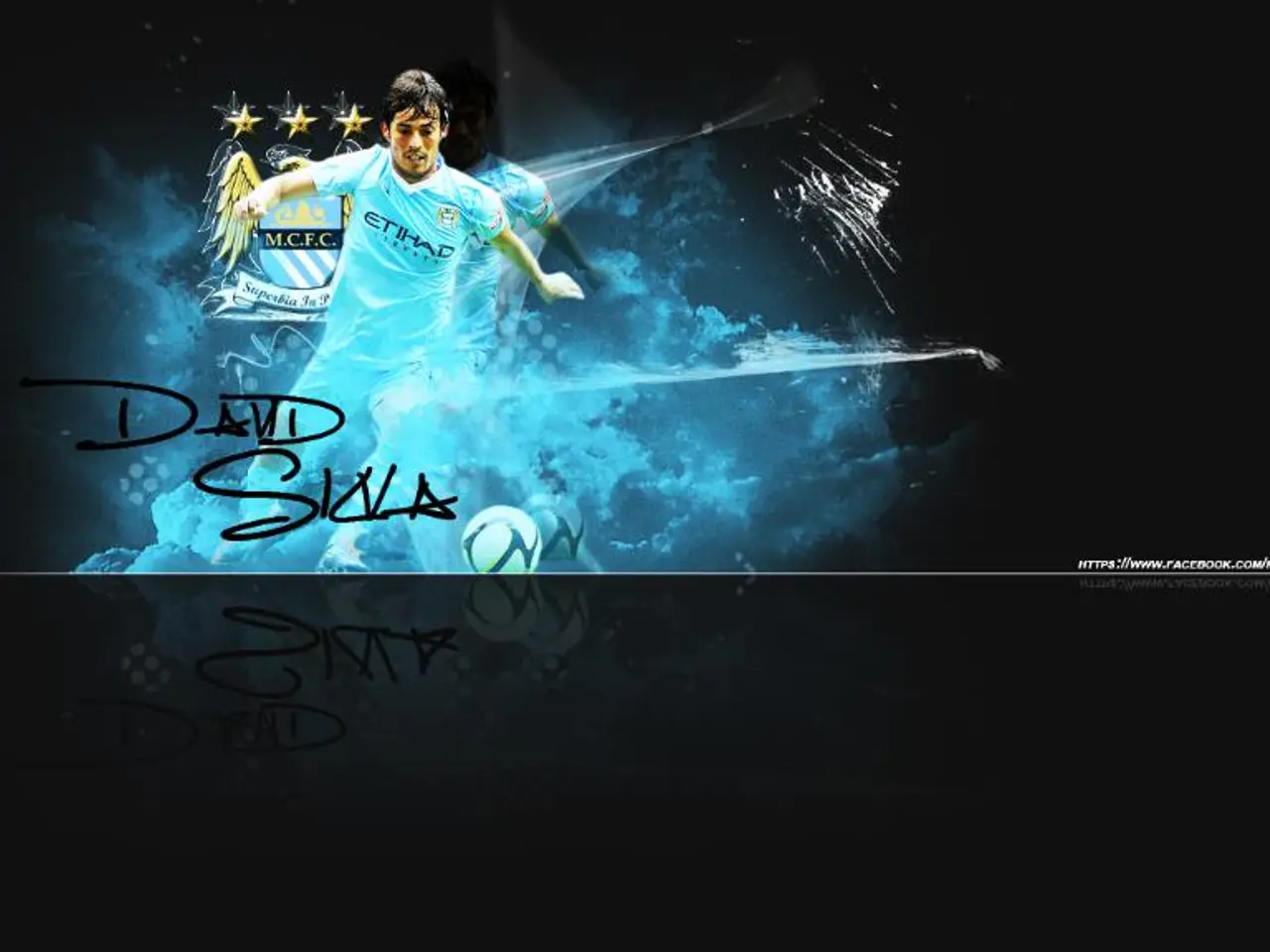Conflict Over CreativeExpression in Russia and Ukraine
Standing Firm in the Shadows of War: The Impact of the Russo-Ukrainian Conflict on Art and Music
In the tumultuous landscape of the Russo-Ukrainian conflict, art and music have found themselves standing firm as essential ideological battlegrounds. As artists wield their creative power to resist and communicate, the war's ripples extend far beyond the traditional frontlines, impacting both creative industries and broader societal perceptions.
At the outset of the war in early 2022, Ukraine unequivocally stated its stance against Russian cultural influence. The inauguration of the Ukrainian Freedom Orchestra sent a clear message: "Glory to Ukraine," symbolizing defiance against the invasive forces. Any association with Russian culture became taboo, and music was purged from the battlefield faster than a gun could be fired. The Ukrainian parliament officially prohibited all music created or performed by Russian artists after 1991, bringing hefty fines and penalties to those who dared to defy the decree.
The consequences of this ban have rippled far beyond Ukraine's borders. As countries wrestle with the overlapping lines of performance and Putin's true intentions, the legacy of renowned composers like Pyotr Tchaikovsky, Sergei Rachmaninoff, and Dmitry Shostakovich has been thrust into the political arena. Meanwhile, Putin himself vehemently denounces this "cancel culture" as "The West's Russophobia," equating it to the Nazi destruction of literature.
Putin's arguments, however, ring hollow as Russia equally scrutinizes and blacklists musicians who publicly oppose the invasion. The list of banned musicians grows longer by the day, with over 80 bands and artists now off-limits in Russia as of 2024.
Yet, the war's cultural front extends beyond modern composers, with renowned classical artists like Valery Gergiev and Denis Matsuev being permanently banned from performing in prestigious venues like Carnegie Hall in New York City due to public disapproval. The stain of Putin's devotion follows them in every new performance, tarnishing their reputations globally.
Meanwhile, Ukraine continues to expel pro-Putin classical artists from performing in any orchestra or concert hall. Citizens worldwide call for the exclusion of Putin-supporters from world-class concert halls, further adding to the artists' strife. The quiet power of art, once a beacon of unity, has now transformed into a weapon in the ongoing war of narratives, elevating specific voices while silencing others.
Beyond the realm of art, Russia has engaged in a calculated campaign to steal and destroy Ukrainian cultural treasures. Over centuries, Russian forces have pilfered over 480,000 pieces of art from Ukraine, with the intent to rewrite history, dominate the narrative, and erase Ukrainian cultural identity. With estimates suggesting nearly $3.5 billion in damages inflicted on Ukrainian cultural heritage, a void is left in its place, a void that modern Ukrainian artists and curators are fighting tirelessly to fill.
Artist Illia Uhnivenko's modern piece, New Childhood, offers a poignant commentary on the war's impact on a generation of children growing up in its shadow. The painting depicts innocent children playing amidst war-torn landscapes, their games punctuated by the eerie presence of toy tanks and soldiers. Daria Filipova's piece, Window, shows the average everyday view that a Ukrainian may witness out their window, with destruction so thick with fire and smoke that all signs of civilization remain overwhelmed and undetectable.
The struggle for cultural sovereignty has become a defining aspect of this conflict. Ukraine's resilience and resistance to Russian cultural influence complement broader efforts to assert independence and sever ties to Russian religious and cultural entities seen as supportive of the war. While challenges arise in implementing the ban on Russian cultural imports, Ukraine has remained steadfast in its defense of its cultural identity.
The war's musical and artistic fronts may not be the immediate topics of war discourse. Still, they represent a crucial battlefield that has helped shape public opinion, change attitudes, and even contribute to movements for change. As these artists take their places on the global stage, their presence reverberates far beyond simple performances, forcing both audience and performers to confront the intricate relationship between art, ideology, and cultural struggle.
Share on Facebook Share on X Email this Story Print this Story
- art
- classical
- culture
- invasion
- music
- propaganda
- Russia
- Russo-Ukrainian
- Ukraine
- war
- The Russo-Ukrainian conflict has placed art and music at the heart of ideological conflicts, with artists using their creativity to resist and communicate, and their works impacting broader societal perceptions.
- In the wake of the Russo-Ukrainian war, Ukraine prohibited all music created or performed by Russian artists after 1991, a decision that has reverberated beyond its borders, leading to debates about performance, politics, and cultural heritage.
- Putin's denunciation of this ban as "The West's Russophobia" and his comparison of it to the Nazi destruction of literature has been met with skepticism, while Russia equally scrutinizes and blacklists musicians who publicly oppose the invasion.
- The exclusion of pro-Putin classical artists from performing in orchestras and concert halls worldwide has strained their reputations, with citizens calling for their exclusion from world-class venues.
- Artists like Illia Uhnivenko and Daria Filipova have used their works to comment on the war's impact on children and everyday life in Ukraine, contributing to the struggle for cultural sovereignty and shaping public opinion in both Ukraine and the world.






